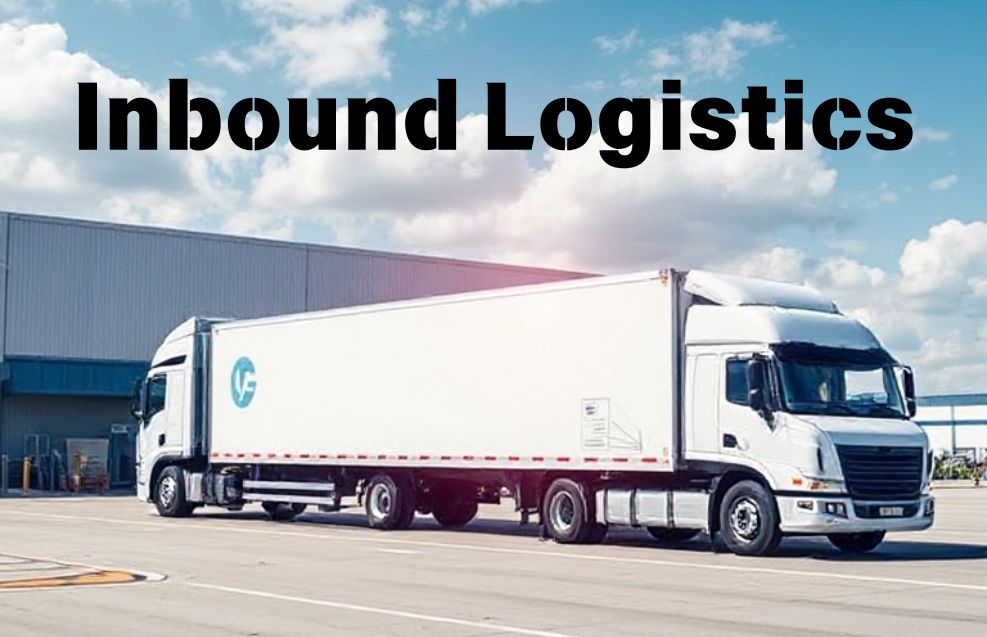Inbound logistics is a critical component of the supply chain that focuses on the transportation, storage, and receiving of goods and materials coming into a business. From raw materials to finished goods ready for production or distribution, the efficiency of inbound logistics can significantly impact the overall performance of a company.
Understanding the Role of Inbound Logistics
Inbound logistics encompasses the processes and activities involved in acquiring, transporting, and storing the resources a business needs to operate effectively. This aspect of logistics includes vendor relationships, freight management, warehouse operations, and inventory control.
In today’s globalized marketplace, where supply chains are more complex than ever, efficient inbound logistics is essential. Companies must ensure that materials arrive on time, in good condition, and at the lowest possible cost. Mismanagement in this area can lead to production delays, increased costs, and customer dissatisfaction.
The Components of Inbound Logistics
To understand inbound logistics better, it is essential to break it down into its key components:
- Vendor Management: This involves coordinating with suppliers to ensure timely delivery of materials. Establishing strong relationships with vendors is critical for securing reliable supply chains.
- Transportation Management: This includes selecting the best modes of transport—whether by road, rail, sea, or air—to optimize cost and efficiency. Effective transportation management reduces transit times and minimizes disruptions.
- Receiving and Quality Control: Once materials arrive, they are inspected for quality and accuracy. Any discrepancies can affect production schedules and lead to waste.
- Warehouse Management: This logistics also involves managing storage facilities to organize inventory effectively and ensure easy access to materials.
- Inventory Management: Accurate inventory tracking prevents overstocking and understocking, both of which can negatively impact business operations.
Read Also : Unlocking Success with Zillow Leads: A Comprehensive Guide for Real Estate Professionals
Why Is Inbound Logistics Important?
Efficient inbound logistics offers several benefits, making it a crucial part of any successful business strategy:
- Cost Reduction: By streamlining transportation and warehouse operations, companies can reduce costs significantly.
- Improved Productivity: Timely delivery of materials ensures smooth production cycles and eliminates downtime.
- Enhanced Supplier Relationships: Clear communication and efficient processes foster stronger partnerships with vendors.
- Sustainability: Optimized inbound logistics can reduce carbon footprints by minimizing unnecessary transportation and waste.
- Better Customer Satisfaction: An efficient supply chain ensures that end products are available to customers on time and at the right quality.
Challenges in Inbound Logistics
Despite its importance, logistics is not without challenges. Businesses often encounter issues such as:
- Supply Chain Disruptions: Natural disasters, geopolitical issues, and pandemics can disrupt the flow of materials.
- Rising Transportation Costs: Fuel price fluctuations and increasing freight charges can inflate logistics expenses.
- Inventory Management Issues: Overstocking ties up capital, while understocking can halt production.
- Vendor Reliability: Late deliveries or quality issues from suppliers can cause bottlenecks.
To overcome these challenges, businesses must adopt robust strategies and leverage technology for better decision-making and risk management.
Strategies for Optimizing Inbound Logistics
Businesses can enhance their logistics through several strategies:
- Leverage Technology: Utilize logistics management software to track shipments, manage inventory, and optimize routes.
- Collaborate with Reliable Vendors: Partner with suppliers known for their punctuality and quality.
- Implement Just-In-Time (JIT) Inventory: This approach reduces storage costs by receiving goods only as they are needed.
- Use Data Analytics: Analyzing historical data can help predict demand and plan inventory accordingly.
- Invest in Training: Equip your logistics team with the skills and knowledge needed to handle complex supply chain operations.
The Role of Technology in Inbound Logistics
The advent of advanced technologies has revolutionized logistics. Tools like transportation management systems (TMS), warehouse management systems (WMS), and enterprise resource planning (ERP) software have become indispensable. These technologies help businesses:
- Monitor shipments in real time.
- Optimize delivery routes.
- Automate inventory tracking.
- Improve communication with suppliers.
- Enhance overall supply chain visibility.
Artificial intelligence (AI) and machine learning (ML) are also playing a growing role. These technologies enable predictive analytics, helping businesses anticipate disruptions and adapt proactively.
Case Studies: Companies Excelling in Inbound Logistics
1. Company A: Leveraging Data Analytics
Company A, a global electronics manufacturer, implemented an advanced logistics management platform to optimize its inbound logistics. By analyzing historical data, the company was able to predict demand patterns and adjust its inventory levels accordingly. This reduced storage costs by 20% and improved production efficiency.
2. Company B: Sustainable Practices
Company B, a leading apparel brand, integrated sustainability into its inbound logistics by consolidating shipments and switching to eco-friendly transportation modes. These initiatives reduced its carbon emissions by 15% and improved its reputation as a socially responsible business.
Future Trends in Inbound Logistics
The future of inbound logistics is being shaped by emerging technologies and changing market dynamics. Key trends include:
- Automation: Automated systems for receiving, sorting, and inventory management will reduce manual labor and increase accuracy.
- Blockchain Technology: Blockchain can enhance transparency in supply chains by providing tamper-proof records of transactions and shipments.
- Sustainable Logistics: Companies will increasingly adopt green logistics practices to meet environmental regulations and consumer expectations.
- Resilient Supply Chains: Businesses will invest in diversifying their supplier base and improving risk management to handle disruptions more effectively.
Conclusion
Inbound logistics is a cornerstone of efficient supply chain management. By focusing on transportation, inventory, and vendor relationships, businesses can reduce costs, improve productivity, and enhance customer satisfaction. As technologies continue to evolve, companies that embrace innovation and sustainability will stay ahead in the competitive marketplace.
Whether you are a small business or a multinational corporation, optimizing your inbound logistics can lead to significant operational and financial benefits. Now is the time to invest in strategies and technologies that will transform your supply chain and drive success in the years to come.

